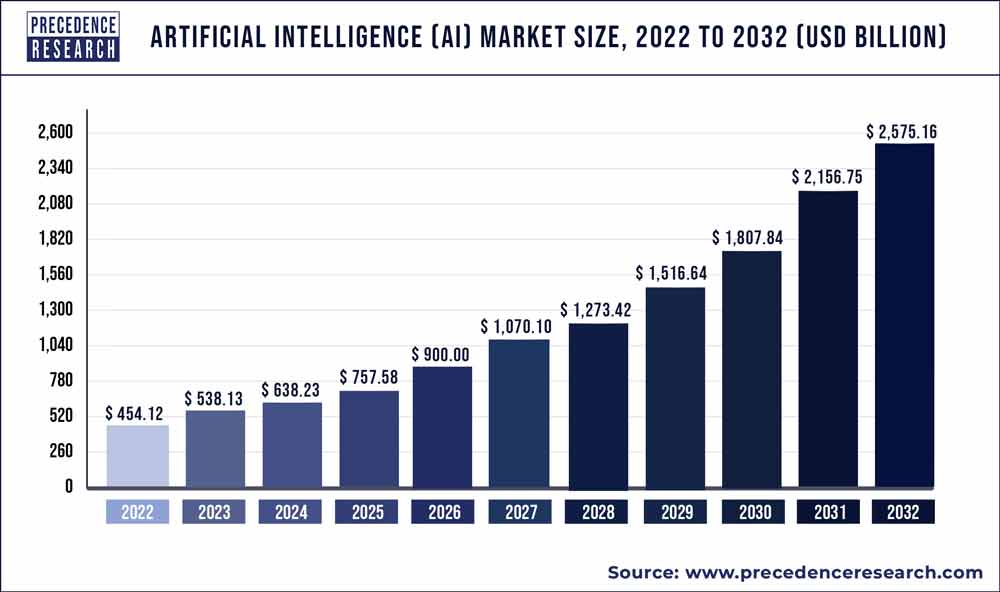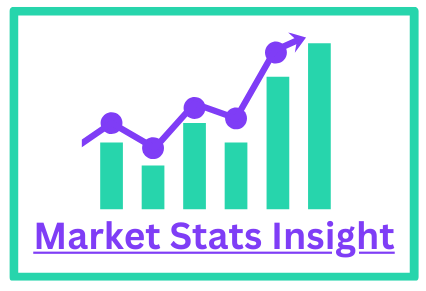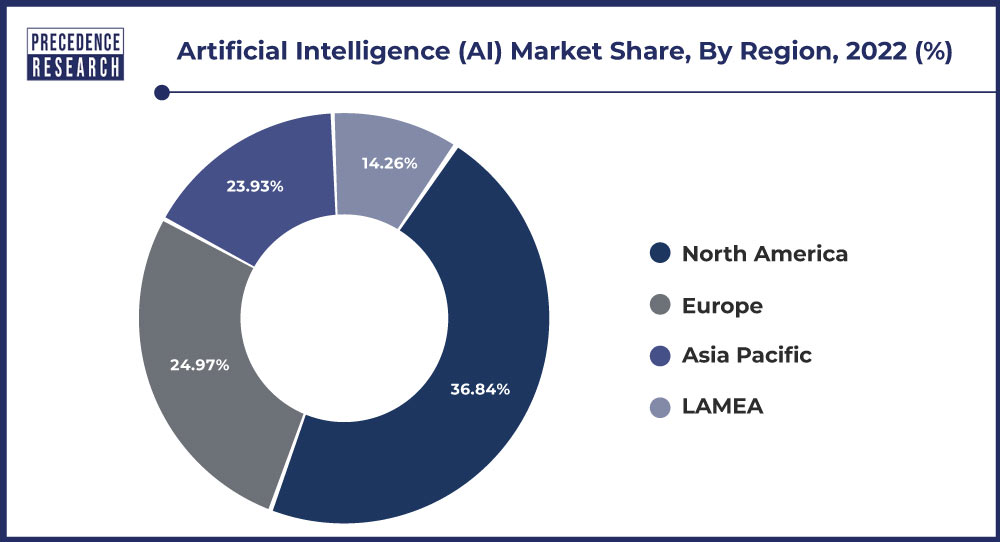The global artificial intelligence market size surpassed USD 454.12 billion in 2022 and is expected to hit around USD 2,575.16 billion by 2032, poised to grow at a CAGR of 19% from 2023 to 2032. The growth of the artificial intelligence (AI) market can be attributed to advancements in machine learning algorithms and deep learning techniques have significantly improved the capabilities of AI systems, enabling them to tackle more complex tasks with greater accuracy and efficiency.

Additionally, the increasing availability of big data and the development of powerful computing infrastructure, such as cloud computing and GPUs, have provided the necessary resources for training and deploying AI models at scale. Furthermore, growing investments from both public and private sectors in AI research and development have spurred innovation and accelerated the commercialization of AI technologies across various industries.
Moreover, the rising demand for automation and intelligent decision-making solutions in sectors like healthcare, finance, manufacturing, and retail is driving the adoption of AI-powered applications and services. Lastly, the proliferation of Internet of Things (IoT) devices and the emergence of 5G networks are creating new opportunities for AI integration, enabling real-time data processing and predictive analytics capabilities. Collectively, these factors are fueling the rapid growth of the AI market worldwide.
Artificial Intelligence Market Key Pointers
- In 2022, North America accounted for around 36.84% of the market share.
- From 2023 to 2032, the Asia Pacific market is anticipated to grow at the highest CAGR of 20.3%.
- As of 2022, the deep learning market segment has a 36.36% market share.
- In 2022, the services sector held a market share of more than 39.64%.
- In 2022, the BFSI segment held a 16.82% market share.
Get a Sample: https://www.precedenceresearch.com/sample/1635

